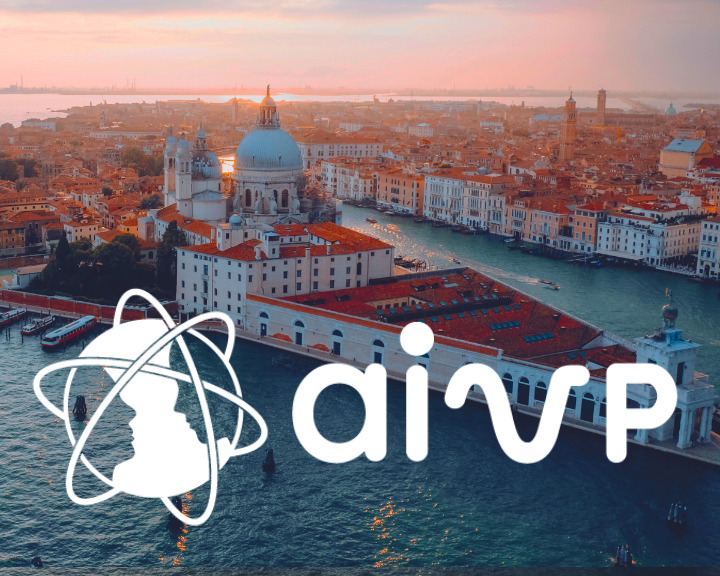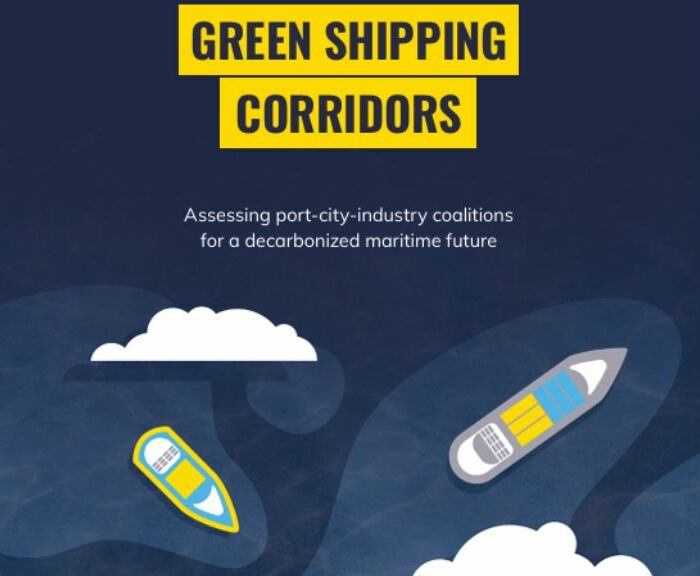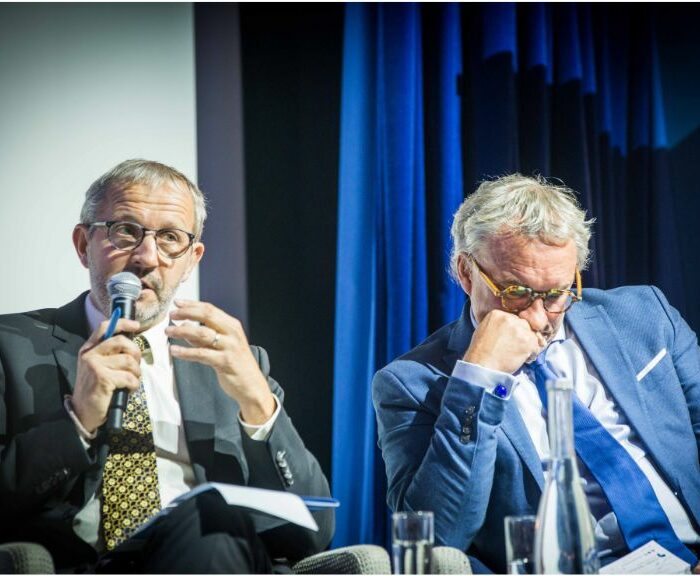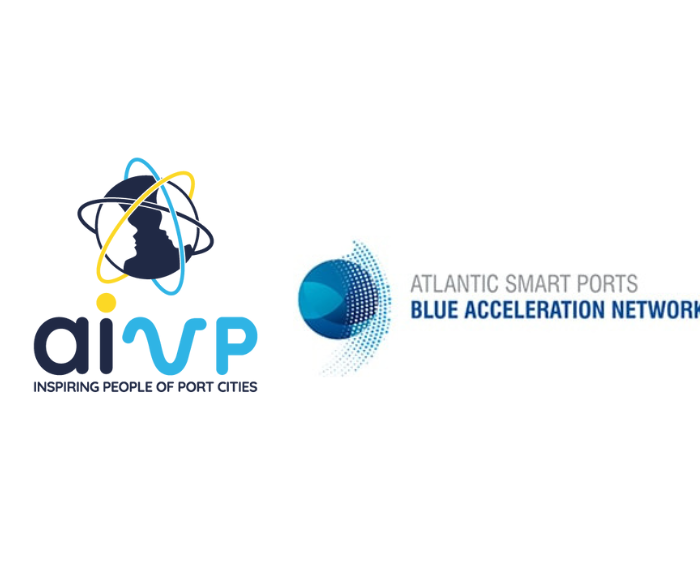In preparation for our AIVP Venice Conference, which will take place from the 16th to the 18th of November 2023, we have asked the moderators of the sessions to introduce themselves. They have also taken this opportunity to introduce the topic they will be moderating and its importance.
We look forward to seeing everyone in Venice!
Geraldine Knatz
Could you please introduce yourself and tell us which session you will be moderating?

I am the moderator for the session “Engaging communities for a shared port city vision” and will participate in the launch of the Rufenacht Prize. After over three decades working in the port industry, most recently as the CEO of the Port of Los Angeles, I am now devoting a considerable part of my life working on a long-term vision to restore and reactivate the old warehousing district of the Port of Los Angeles. You can learn more about that at a later panel on day 1!
Why is the subject of developing joint port-city visions with citizens of interest to you?
While we believe we have good ideas for how to engage the community in this exciting project at Los Angeles, inspiration often comes from listening to and learning what others around the world are doing at the port-city interface.
Gunnar Platz
Could you please introduce yourself and tell us which session you will be moderating?

I am Gunnar, Managing partner of PLANCO Consulting, a German based consultancy working in the fields of transport and logistics. Our clients are public administrations on regional, national and international level as well as private organisations. Our range of services cover feasibility studies, development concepts, traffic forecasts, support with funding applications and policy advice. I am moderating the session “Future Tech for the port city of tomorrow”.
Why is the subject of collaborating on and implementing innovative technologies of interest to you?
I have been working for many ports and supported them with preparing development concepts. In almost all ports potential conflicts between port development and city development are a challenge for the port. To improve the communication between port and city and create a mutual understanding of both, port and city development would help the ports in the development process. I am therefore interested in strategies from other organisations/ports and countries!
Oriana Romano
Could you please introduce yourself and tell us which session you will be moderating?

I am Oriana, Head of Unit, Water Governance, Blue and Circular Economy, of the OECD Centre for Entrepreneurship, SMEs, Regions and Cities. I set up the OECD Cities and Regions for a Blue Economy Programme that focuses on the link between economy at water security. In particular, we supports cities, regions and basins to unlock the potential of a resilient, inclusive, sustainable and circular blue economy that contributes to economic growth, social well-being and ecosystem preservation. I am moderating the High level panel “Envisioning the port city of the future“.
Why is the subject of collaborating on and implementing innovative technologies of interest to you?
The blue economy covers a range of different economic sectors (e.g. port activities, shipping and fisheries) that all depend on healthy freshwater, coastal and marine ecosystems. Port-activities are sources of economic growth, but also cause of habitat degradation, water pollution, and disruption of local ecosystems. Collaborations and innovative technologies can shape the future of port management and foster resilient, inclusive, sustainable and circular port cities.
Francesco di Cesare
Could you please introduce yourself and tell us which session you will be moderating?

The company I founded in 2001 has established itself as the leading Italian research and consulting company with expertise in maritime tourism. In 2011 the company launched the itinerant Italian Cruise Day and in 2013 Adriatic Sea Forum – cruise ferry sail & yacht, two among the most relevant events dedicated to the cruise and maritime tourism business communities. I combine my commitments to teaching, research and consultancy on the main topics of the macro-industry of travel and tourism, with operative roles also in the organisation of big events. Besides contributions about tourism marketing and management, I wrote or curated numerous articles and papers dedicated to maritime and cruise tourism. I will be moderating the session “The next step for sustainable cruises”.
Why is the subject of making the cruise sector sustainable of interest to you?
About the reason I find the topic of interest to me, I would say that from one side it’s not possible anymore to guarantee a future to the cruise tourism without a sustainable approach, and from another side, it will be more and more important to present and share concrete initiatives so to speak about sustainability in practice and not only in theory, and it will be also important to understand how sustainability can be guaranteed in accordance with other major issues.
Carola Hein
Could you please introduce yourself and tell us which session you will be moderating?

As Professor of History of Architecture and Urban Planning at Delft University of Technology, Leiden University, and Erasmus University, UNESCO Chair Water, Ports and Historic Cities, and director of the PortCityFutures Centre, I will be giving a keynote on “New Perspectives on the cultural value of port cities” and moderating the roundtable “Valorizing port-city culture with the citizens”. I will lead the discussion in “AIVP Deep Dive: Port City Community engagement” and participate in the launch of the Rufenacht Prize.
Why is the subject of valorizing port city culture of interest to you?
I have grown up, lived in, and done research on multiple port cities, which have often developed over centuries. These cities have produced unique buildings, institutions, and cultures that are related to global maritime networks. They are home to unique maritime skills and mindsets, including, for example, on migration or innovation. Following decades of detachment of port and city, and a lack of attention to the changing scale of territories, we need to (re)valorize port city culture to facilitate the emergence of future maritime jobs and living at the edge of land and sea at a time of changing water systems.
Francesca Morucci
Could you please introduce yourself and tell us which session you will be moderating?

I’m Francesca Morucci, head of Promotion and Public Relations office at the North Tyrrhenian Ports Network Authority-NTPN (Italy), which comprises 6 ports: Livorno, Piombino, Portoferraio, Rio Marina and Cavo in Elba Island and the port of Capraia Island. My work experience covers three main areas: international relations and cooperation, promotion and communication, port urbanism, with a specific interest in port-city integration. I’m moderating the session “The new port-city interface”.
Why is the subject of creating an accessible port-city interface of interest to you?
The new dimension of port-city interface, with a mixity of functions and activities, involves the accessibility theme, one of the open issues in the port-city scientific and disciplinary debates. Reaching the waterfront is, symbolically, at the same time a city-port journey and a first step to discover the port, valorizing its “limits”, its “thresholds”. A greater level of accessibility is necessary to reach a performing port-city connectedness!





